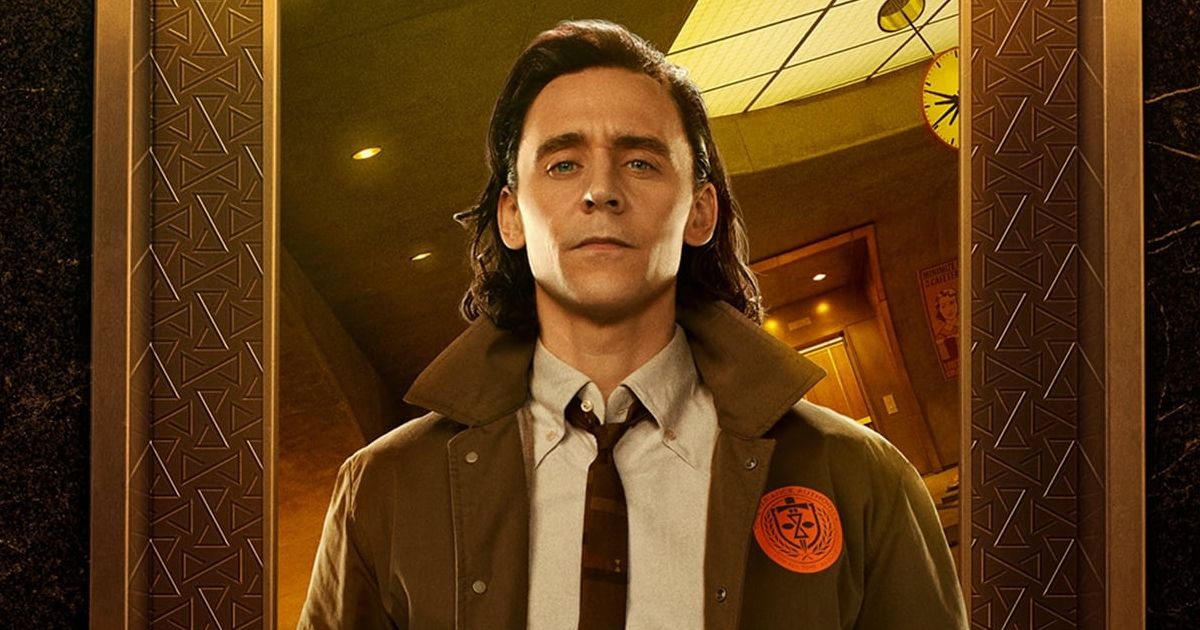Summary
After several statements expressing his little appreciation for superhero films and, in particular, the Marvel Cinematic Universe, Martin Scorsese receives a response in the most recent episode of Loki.
The first time the acclaimed director spoke about comic book adaptations was in 2019, when he compared that type of cinema to theme parks, saying that “the closest I can think of them, as well-made as they are, with actors doing the best they can under the circumstances, is theme parks. It isn’t the cinema of human beings trying to convey emotional, psychological experiences to another human being.”
Last month, Martin Scorsese once again referred to superhero movies, declaring that filmmakers like Christopher Nolan, who create another kind of cinema, should unite to save it from franchise films, “because there are going to be generations now that think movies are only those—that’s what movies are.”
Obviously, the director’s statements generated a lot of criticism, especially from fans of Marvel, DC and the big franchises that currently reign at the box office. And now, in the most recent episode of the second season of Loki, a subtle response to the filmmaker has been made.
In the episode, Loki and Mobius travel to 1977, where Hunter X-5 (Rafael Casal) has become a movie star known as Brad Wolfe, and stars in a film called Zaniac, named after a Marvel Comics character. The three head to Oklahoma to find Sylvie, and while Tom Hiddleston’s character talks to her, Mobius and Brad talk about the latter’s movie. Owen Wilson’s character tells him that the movie seemed scary, to which Brad responds that it’s an “elevated thriller” and “it’s cinema.” Although this brief line is not a direct response to Scorsese, it does reflect the situation between the filmmaker and the studio responsible for the most successful film franchise in recent years.
Related: Loki Season 2 Had Deliberate Marvel Character Omissions According to Writer
Although the director’s statements have generated a heated debate on social media and have earned him a lot of criticism, Scorsese never wanted to imply that the MCU films or other similar ones are not cinema, but rather that these types of productions that are part of franchises or have a more commercial approach prevent other types of stories from reaching the big screen. And that, of course, is the responsibility of the industry and not Marvel or DC.
In another recent interview with IndieWire, the director talked about how the “indie film” label is also a problem for the movie industry, because it limits the audience and it is an obstacle for some films to be shown by theaters. Scorsese is not the only director who has spoken about big franchises in a less than positive way. For example, Quentin Tarantino stated that he believes that in the case of comic book adaptations, the real stars are the characters and not the actors. And although he was also criticized for it, Captain America himself, Chris Evans, recently agreed with his statements.
The new episode of the second season of Loki subtly responds to Martin Scorsese’s comments about the MCU and superhero movies. Read More

